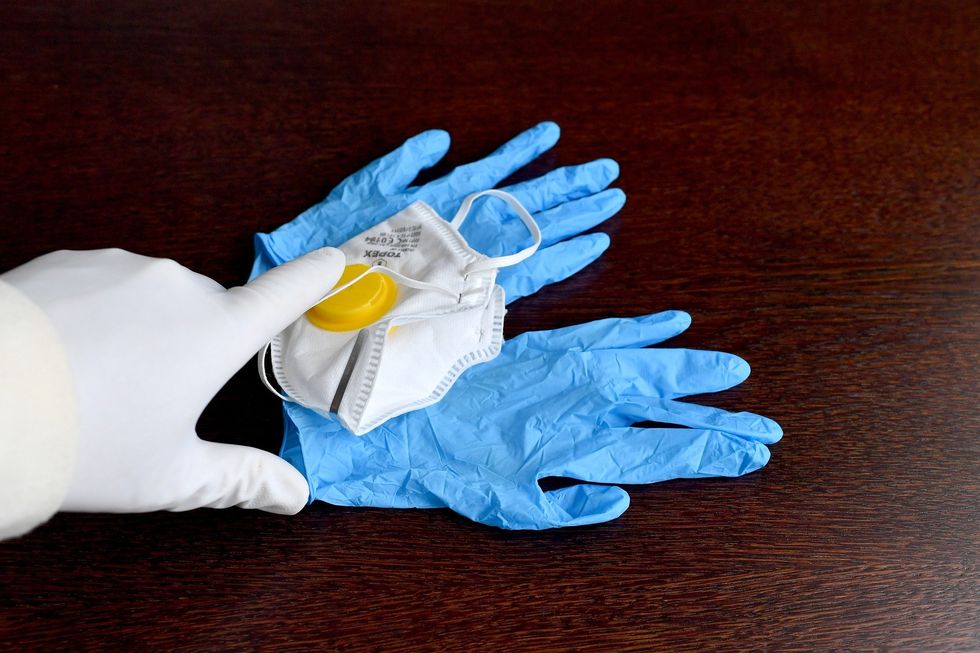When I first heard about "a novel coronavirus" emerging in Wuhan, my initial reactions primarily centered around a) how exciting it was to be a microbiology undergraduate with an emerging virus dominating international headlines and b) whether or not they would cancel classes if it arrived in New Jersey.
I immediately berated myself. "This is serious, Miranda. Think of the potential loss of life. Think of the havoc it might wreak on the world economy if business has to grind to a halt for this." As the virus swept through China and those grim prophecies were fulfilled, I repeatedly thought, "Because you want to be a microbiologist, you should be seriously concerned. This should keep you awake at night."
Despite my rational brain's best efforts, my train of thought continued to be dominated not by important questions like, "If my college closes down for coronavirus, will I be able to get food for myself? Transportation back to my hometown in Virginia?" or, "I'm young and healthy, but what if my grandparents are affected by the pandemic? Would they survive?" but instead by relatively detached inquiries such as, "I wonder how closely researchers are tracking the genetic evolution of coronavirus as it spreads. Does it evolve as quickly as its relative the common cold does?" and "What animal did this virus emerge from?" (answer: bats) and, of course, "At what point will they cancel classes?"
And about the time COVID-19 became a true pandemic, with cases appearing the United States and around the world, I was crying multiple times a day - not because I was anxious about the very real implications of being in the midst of this major public health crisis, but because I was panicking about an essay I felt I hadn't edited adequately and a midterm I had not had sufficient time to study for. (Ironically, it was in General Microbiology, and the curve ended up shooting my score over 100%.)
As someone who wants to work with infectious disease as an adult, I can't help but be alarmed at my misplaced priorities. When did I get to the point where I could wake up my dorm-mates with loud sobbing over my TA docking me one or two points but feel something approximating academic excitement when confronted with something that could pose a legitimate danger to me and my loved ones? If I really want to make a career out of this, I feel I need to temper my curiosity with the solemnity the impacts of an emerging disease deserve, but on the other hand, I wonder to what extent my detachment might protect my mental health in truly dire circumstances - or whether I will start having the same anxiety attacks I experience over schoolwork if I ever secure a research position "in the thick of things."
I can't claim to know what the fallout of the current COVID-19 pandemic will be, but I am at least glad that as a(n as yet distant) witness to it, I have been forced to reevaluate what my response might be to a crisis and to contemplate the intersection between intellectual curiosity and what for many has (or will) become a personal tragedy.






 The minimum wage is not a living wage.
StableDiffusion
The minimum wage is not a living wage.
StableDiffusion
 influential nations
StableDiffusion
influential nations
StableDiffusion












